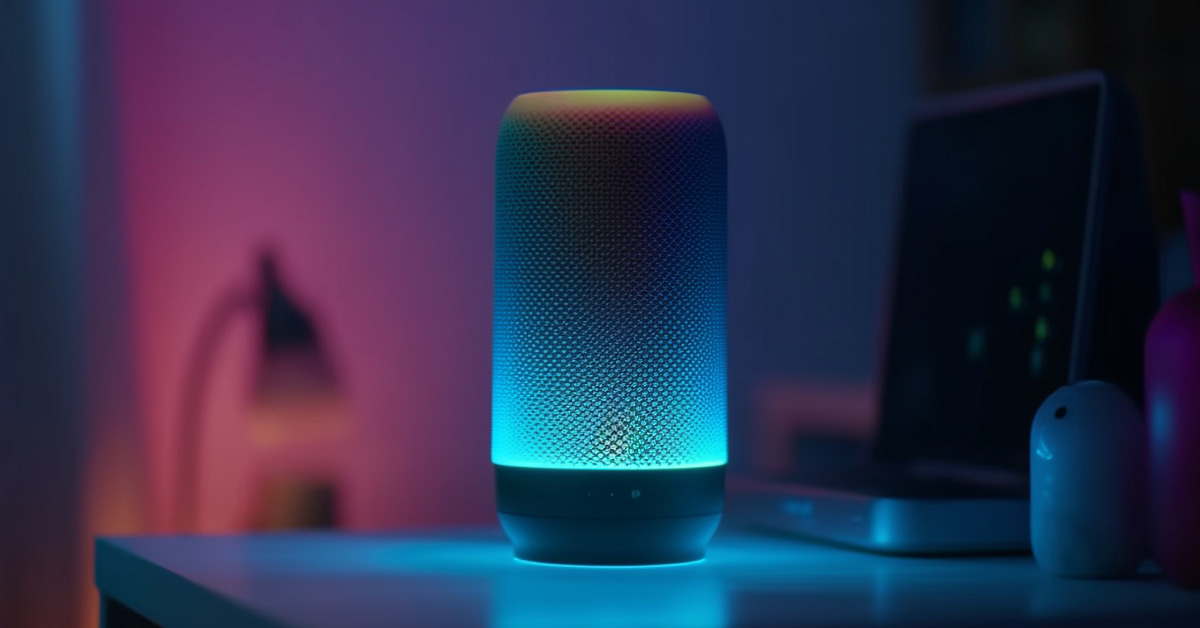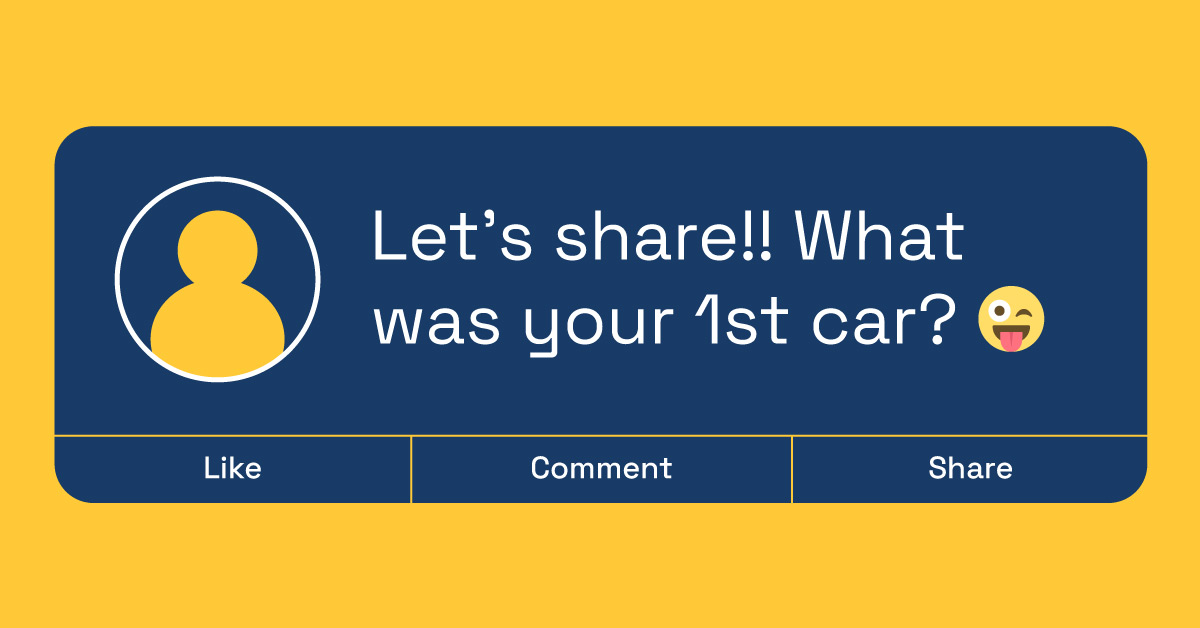Cloud computing is no longer a buzzword, but rather a huge technology trend for individuals and businesses. It’s big. But it’s even bigger than you might think. Whether you realize it or not, you are using the cloud at least once a day.
Here are seven common services that many users probably don’t realize are cloud-based.
1. Web-Based Email Services

Whether you use Gmail, Outlook, or another email application, you are relying upon the cloud to receive, send, and store your email communications between friends, family, and co-workers.
2. Social Networking
Americans spend 30.1 minutes a day on Facebook alone. That’s not a scold — it’s just a fact! Social media, along with web-based email, are some of the most widely used cloud-based services by people everywhere. The cloud helps power every awkward gripe, humble brag, or overly-filtered selfie that’s posted on social media. But it also helps us share cute dog pics too, so who’s complaining?
3. File-Sharing
The ability to store and share files — whether they’re work files shared across multiple devices or personal music, photos, and videos — is one of the most popular uses of the cloud.
The most popular examples of file-sharing services include Dropbox, Box, Google Drive, and OneDrive.
4. Video Calls and Teleconferencing

This might be one of the most overlooked cloud-based services!
Millions of people own iPads and iPhones, taking advantage of the built-in FaceTime feature to make video calls with loved ones, friends, and co-workers across the country and around the globe. FaceTime, Skype, Zoom, Teams, Google Meet, and Webex are entirely cloud-based.
5. Entertainment Services
The list of cloud-based entertainment services is endless, and in some respects, these services have existed longer than the conversation about the cloud. Apps such as Netflix, Disney+, Prime Video, and Hulu have been streaming movies and television shows to your laptop or TV for years now, taking advantage of cloud technology in the process.
Other examples include Sony’s PlayStation Network and Microsoft’s Xbox Live. Gamers connect remotely to servers managed by Sony, Microsoft, and game manufacturers/developers to compete with and against other gamers from around the world on a daily basis.
6. Smart Assistants and Devices

Do you use Siri, Alexa, or Google Assistant? Then cloud computing is helping you dim the lights, set alarms, play music, order a pizza, and more. And if you have a video doorbell, when your pizza delivery finally arrives, that footage is stored on — you guessed it — a cloud server.
7. Online Billing, Shopping, and Banking
You can still pay the old-fashioned way, with an envelope, a stamp, and a check for most services. But chances are, you’ve started creating online accounts so you can pay bills in a few clicks. Your account portals and shopping and banking apps use the cloud to help them save your information.
And that’s exactly where some cloud computing security concerns tend to crop up…
Cloud Computing Issues

Companies that provide valuable services through the cloud understand the importance of protecting your sensitive data, and for the most part, they actually do a great job at it.
But if you re-use passwords and accidentally reveal the answers to a few key account recovery questions online, a lot of your account information could easily end up in the wrong hands. And if a business similarly fails to protect its data in the cloud, the results can be catastrophic. In 2023, far too many businesses are still making it very easy for hackers.
We wanted to write this blog to help people understand that the cloud is everywhere, and they’re already benefiting from it every day. Businesses can too, but a little expert help with cloud migrations and cloud security can mean the difference between gaining a massive competitive advantage and losing critical time and data. Click the link below to read up on our comprehensive cloud services!
